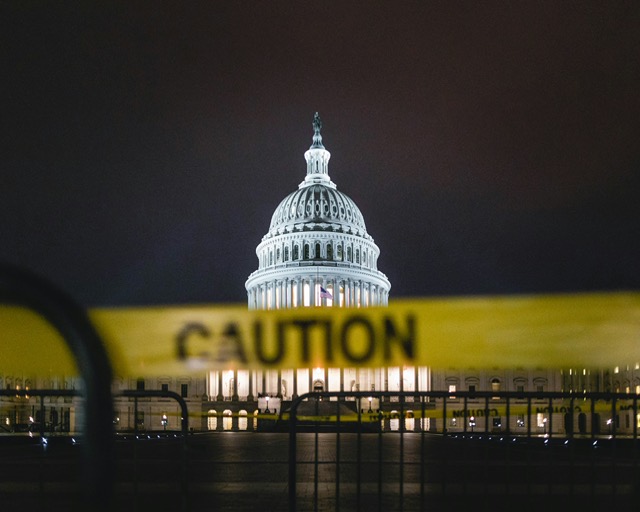The House reconciliation bill, if enacted into law, would not only mean major cuts to Medicaid; it would also mean significant cuts to Medicare. More than 12 million people with Medicare are enrolled in Medicaid or Medicare Savings Programs, which are funded through Medicaid. Projections are that nearly 1.4 million older adults and people with disabilities would face big gaps in their coverage.
Medicare does not offer the comprehensive coverage that many people need. Households with Medicare-only typically spend $7,000 each year for health care that Medicare does not cover. They must pay premiums, deductibles and coinsurance or copays. And, they pay the full cost of long-term care at home or in a nursing home. Medicare pays only for very limited home care and nursing home care for people who need skilled nursing or therapy services.
Medicaid pays Medicare premiums for about 12.5 million people, more than one in five people with Medicare. Medicaid also helps pay deductibles, coinsurance and copays for eight million people. And, Medicaid covers prescription drug costs for millions of people with Medicare through the Extra Help Program.
If the Trump administration cuts more than $700 billion from Medicaid, as currently proposed, around 1.4 million of our nation’s parents and grandparents would lose key health care benefits or health insurance coverage and/or face unaffordable costs for:
- Long-term care, including home care and nursing care
- Dental care
- Prescription drugs
- Medicare premiums
- Transportation to the hospital and physician’s office
There’s more:
- Almost 30 percent of Medicaid dollars support people with Medicare.
- More than seven in ten nursing home residents rely on Medicaid in Alaska, Georgia, Louisiana, Mississippi, West Virginia, and the District of Columbia. Cuts to Medicaid likely would mean the demise of the nursing home industry in these states.
Here’s more from Just Care:










